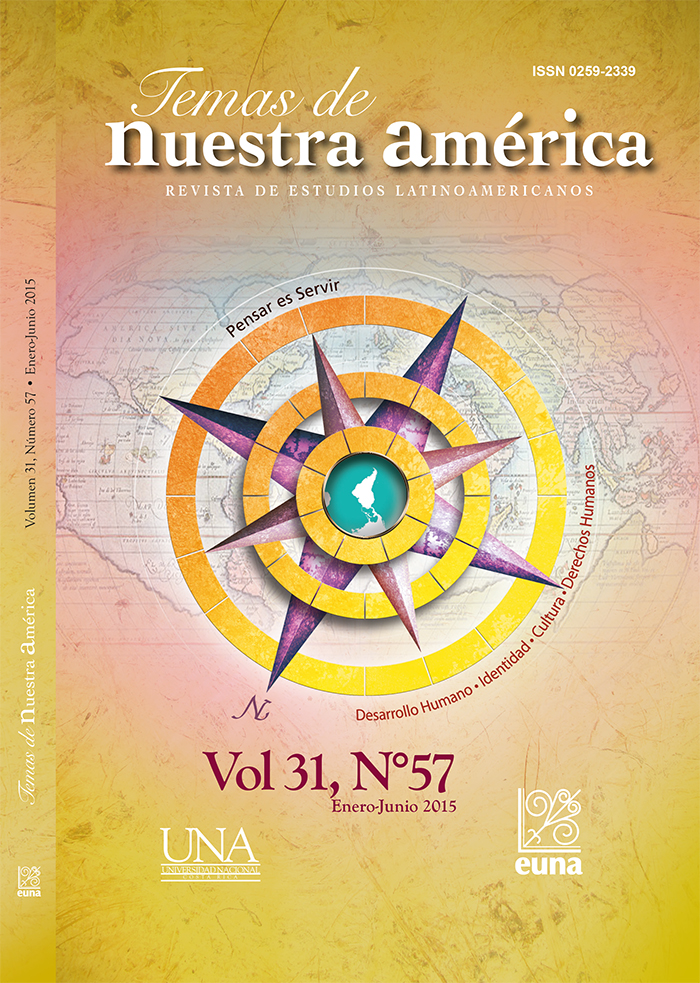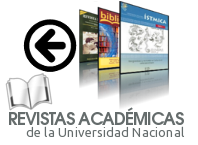Encounter and demarcation in J. Rhys’ Wide Sargasso Sea and Anacristina Rossi’s María La Noche
DOI:
https://doi.org/10.15359/tdna.31-57.1Keywords:
Wide Sargasso Sea, Jean Rhys, María la noche, Anacristina Rossi, women writing, Mía GallegosAbstract
The essay addresses two novels written by female authors --Jean Rhys and Anacristina Rossi-- to propose their reading as a ritual and as a journey. The personal and intimate proposal undergone by the essayist leads her to raise, at first and intuitively, a correlation between Antoinette and Mariestela, main characters of the novels, by contrasting, later on, regarding their feminine traits that unite and differentiate them simultaneously. Finally, the essay proposes an approach up to the writing process considering femininity as a closing line for the reading it started.References
Cesaire, A. (2006). Discurso sobre el colonialismo.
Recuperado de: http://www.ram-wan.
net/restrepo/decolonial/4-cesaire-discurso%
sobre%20el%20colonialismo.pdf
Cixous, H. (1995). La risa de la Medusa. Recuperado
de: http://seminariolecturasfeministas.
files.wordpress.com/2012/01/
helene-cixous-la-risa-de-la-medusa.pdf
Moi, T. (1988). Teoría Literaria Feminista. España:
Ediciones Cátedra.
Paton, D. (2013). Los estados caribeños y la
formación del obeah. Caminos. Revista
Cubana de Pensamiento Socioteológico,
(68-69). Recuperado de: http://revista.
ecaminos.org/article/los-estados-caribenos-
y-la-formacion-de-obeah/
Rhys, J. (1982). Ancho mar de los Sargazos. Madrid:
Bruguera Eds.
Rossi, A. (1985). María la noche. Barcelona:
Editorial Lumen.
Downloads
Published
How to Cite
Issue
Section
License
Esta obra de Revista Temas de Nuestra América está bajo una Licencia Creative Commons Atribución-NoComercial-SinDerivar 4.0 Internacional.
Cualquier permiso que trascienda dicha licencia, debe solicitarse por escrito a la persona directora de la Revista










